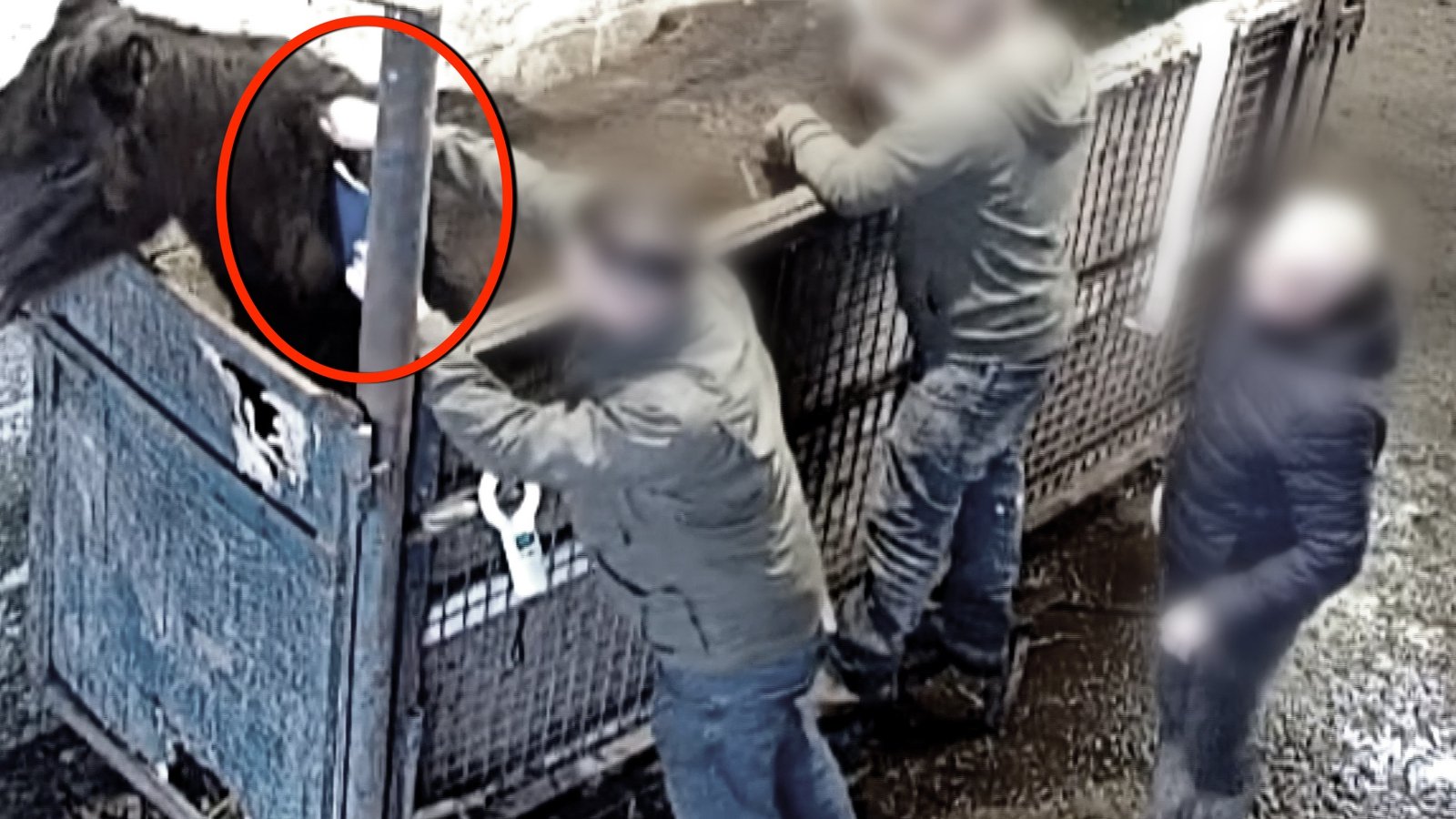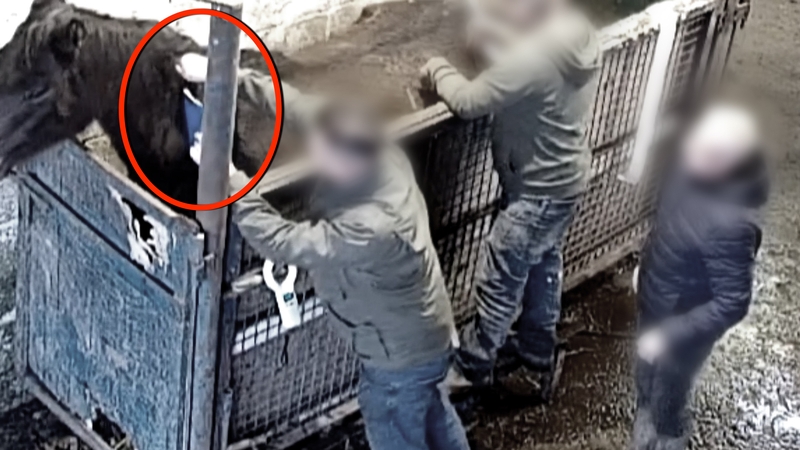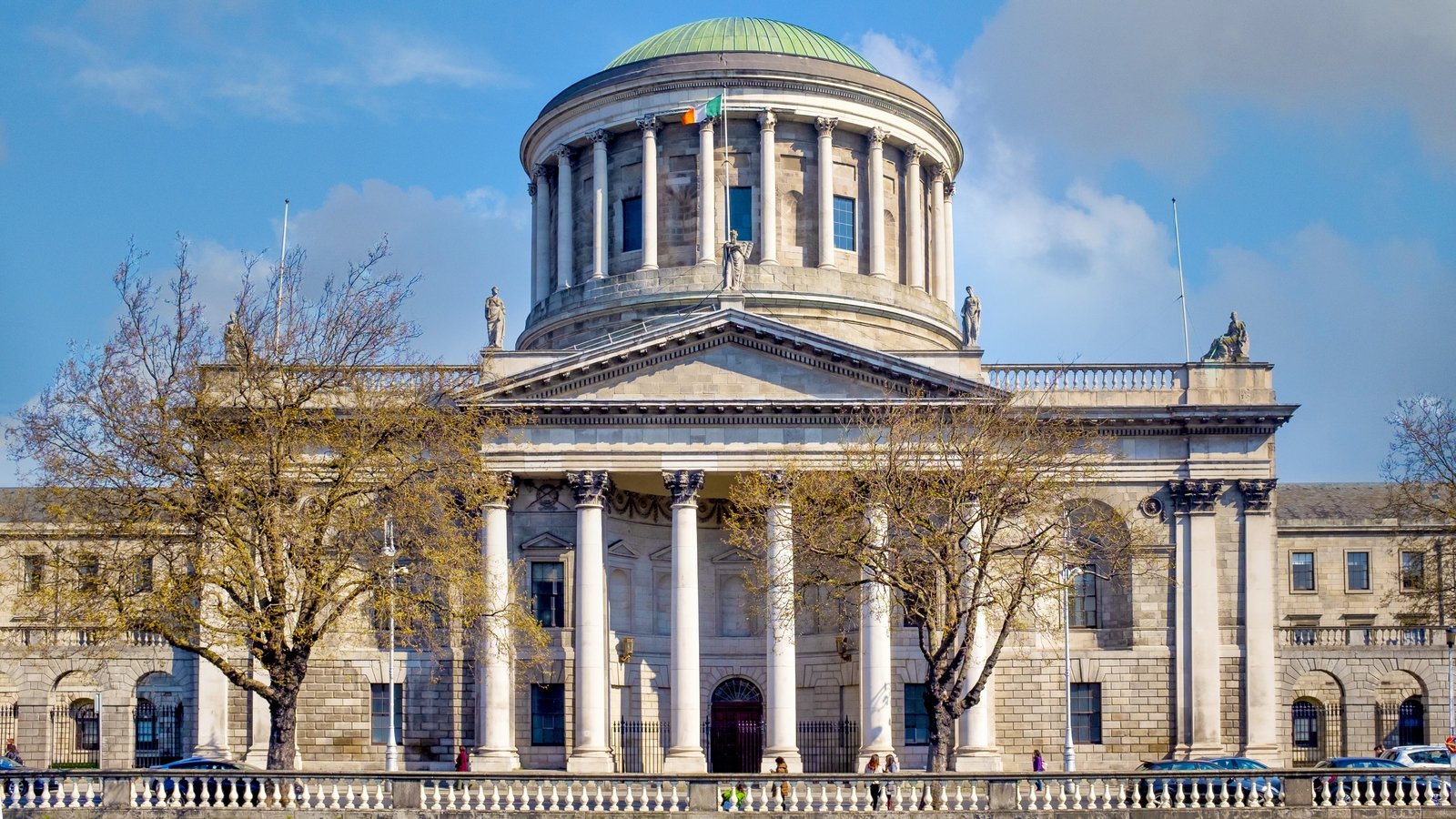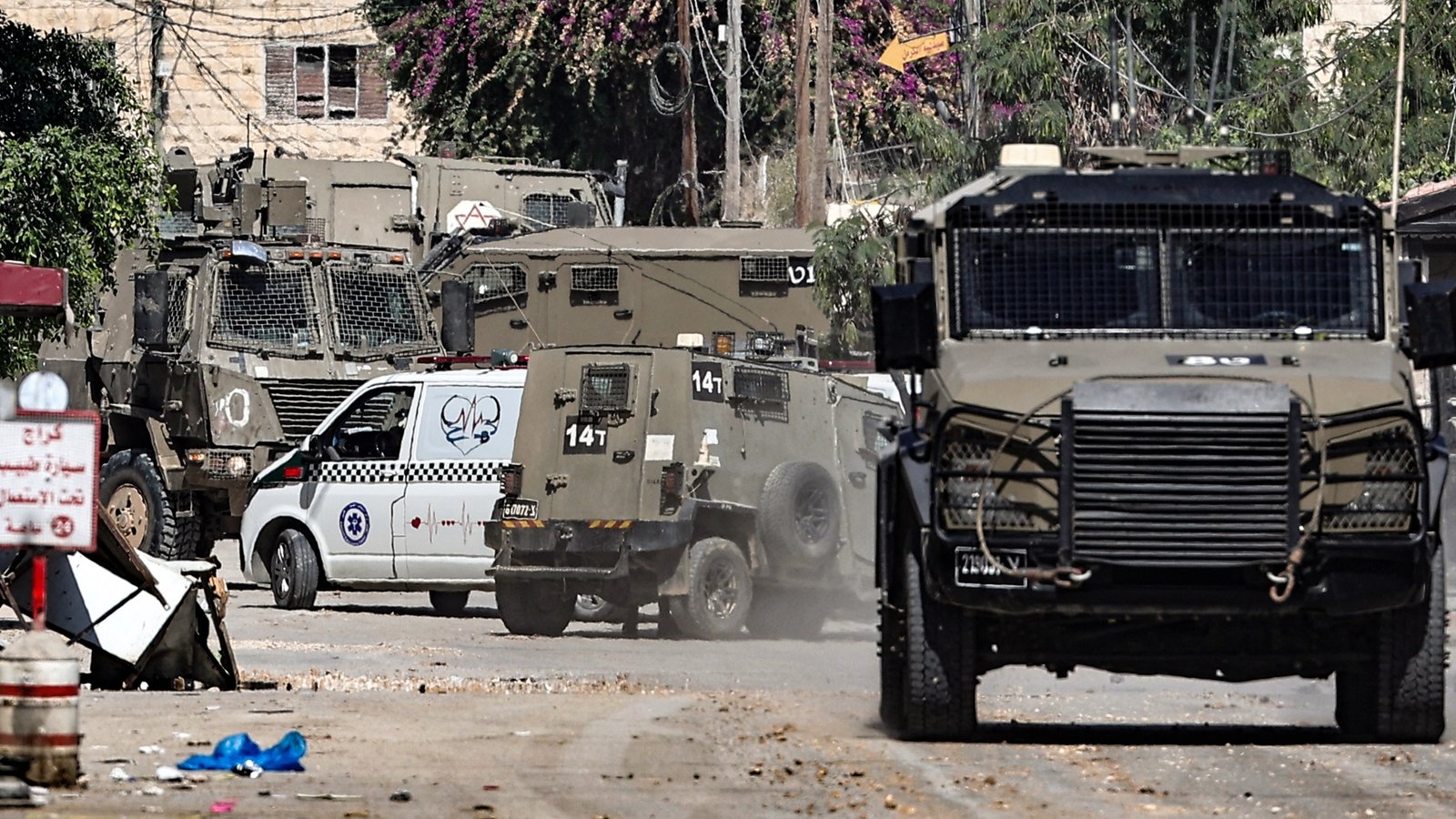Food safety concerns as horses seen re-microchipped pre-slaughter


Illegal activities to launder the identities of horses and compromise the integrity of the human food chain have been uncovered at a site connected to Ireland’s only active abattoir for horses.
In recent weeks the Department of Agriculture and Gardaí conducted searches at Shannonside Foods Ltd in Straffan, County Kildare – and other properties which are associated with the family of John Joe Fitzpatrick, who operates the business.
The investigations commenced arising from practices uncovered as part of wide-ranging investigation into the Irish and European equine industries by RTÉ Investigates.
The Department has said its investigations are ongoing and that these may impact on the operations of the plant.
“The Department has been engaged in recent weeks in an investigation into activities involving the supply of equines for slaughter. That investigation is active and ongoing,” it said.
An Garda Síochána has confirmed the National Bureau of Criminal Investigation (GNBCI) assisted in the investigation as part of its responsibilities concerning serious agricultural related crime.
The focus of RTÉ Investigates’ covert filming was a building used by Shannonside Foods Ltd in Straffan.
During this, undercover cameras captured one of the business’s Animal Welfare Officers, Arann Fitzpatrick, inserting false identification microchips into horses and using spray paint to change the colour markings on horses.
Read more: Significant horse abuse exposed at key site by secret RTÉ filming
This was done during a routine pre-screening process which is carried out before the horses are moved into another building where it operates under a licence, and a Department of Agriculture official checks the horse’s identity and confirms if they are safe to enter the human food chain.
Professor Christopher Elliot, founder of Queen’s University Belfast’s Institute for Global Food Security, viewed the RTÉ footage and said it clearly captured the slaughterhouse staff “hiding, disguising, changing [the horses] identity.”
“In Europe, we have the most stringent food system in the world, something we should all be very proud of. And yet, here we’re seeing blatant breaking of rules and regulations around that food system. It’s really not operating. It’s not functioning as it was designed to be,” he said.
Read more: Data probe reveals thousands of Irish horses ‘missing’ each year
Forensic veterinary expert David Martin said he was satisfied the behaviour caught on camera relating to the identification of microchips being inserted into the horse moments before their slaughter put human health at risk.
“The only purpose I can see for re-identifying these horses is to take horses that are not supposed to be going into the food chain and put them back into the food chain by giving them a new passport.”
“By ringing a horse and re-identifying a horse, they’re putting human safety at risk, and they’re compromising the food chain,” he said.
Mainly thoroughbreds
RTÉ Investigates analysed data which allowed, for the first time, the profiling of horses that were sent for slaughter in Ireland.
Journalists examined 2,400 horses slaughtered at Shannonside Foods Ltd between January 1, 2023 and March 1, 2024.
The data revealed 71% were thoroughbreds and had been bred for the racing industry, with the rest bred as sport or leisure horses.
Of those bred for racing it was possible to establish that more that 400 had racing careers.
The horses slaughtered in the Straffan slaughterhouse during the period had together raced more than 3,000 times and earned their owners more than €1.5m on tracks across Ireland, the UK and France.
Some had arrived in the slaughterhouse having recently left the yards of some prestigious owners and trainers.
The slaughtered horses ranged in age from six months to 31 years old.
The average age of the thoroughbreds slaughtered during the period was 8 years and six months. Some were killed just days after their last race.
In a statement the Department of Agriculture said it takes its “regulatory responsibilities very seriously and has robust systems in place to safeguard the integrity of the food chain.”
However, it said its approval for Shannonside Foods does not include the lairage used to pre-screen the animals and where the undercover filming took place.
It said “all available evidence of illegal activity… will be appropriately investigated.”
Shannonside Foods Ltd said it rejects the claims made in the RTÉ Investigates report, it said it takes its legal responsibilities seriously and operated in compliance with its licence.
Conor Ryan and John Cunningham’s RTÉ Investigates document is broadcast on RTÉ One at 9.35pm on Wednesday 12 June. Coverage continues across RTÉ platforms over coming days.





